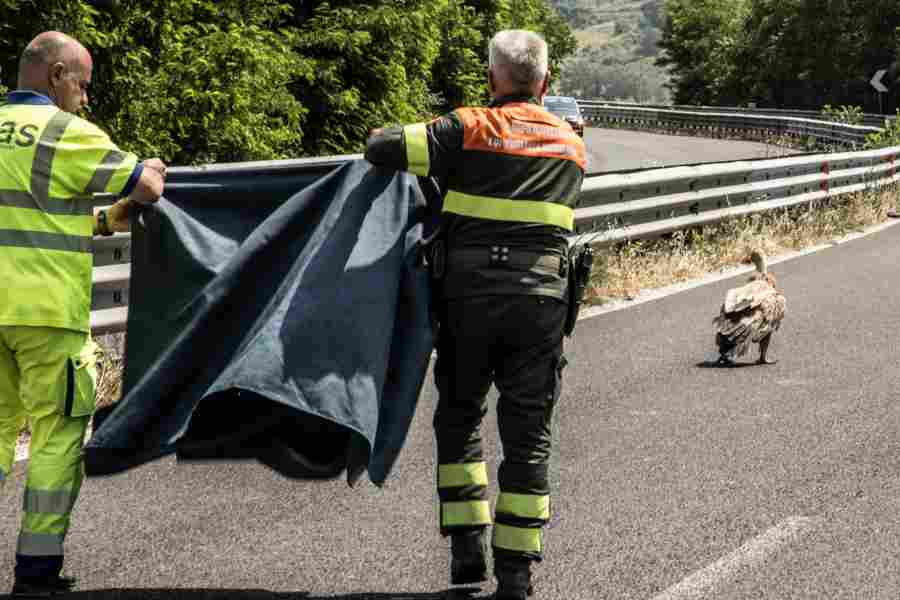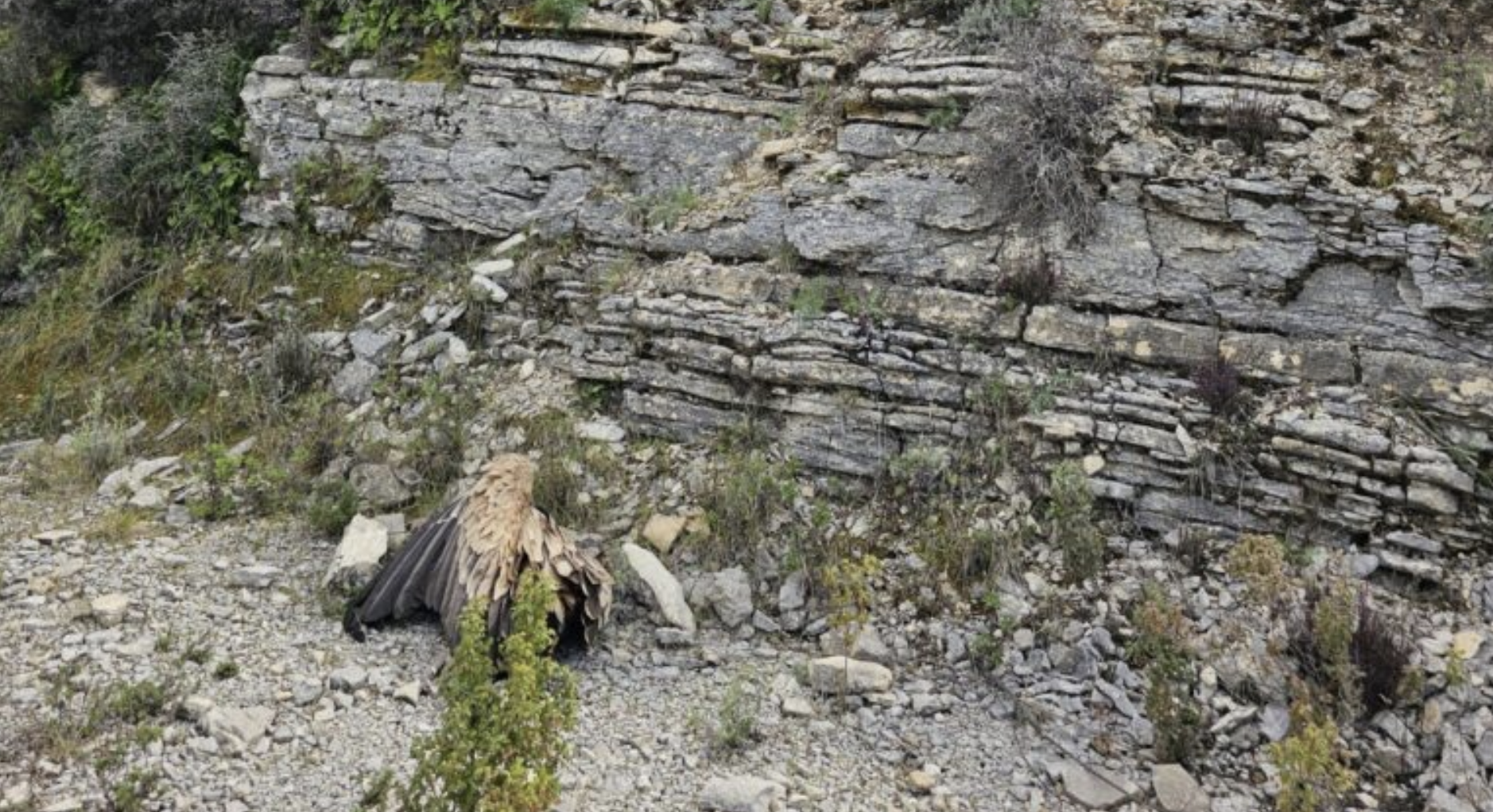Collisions with power lines and electrocution are amongst the deadliest threats for vultures and large-bodied birds. Unfortunately, in Cyprus, a Spanish Griffon Vulture (Gyps fulvus) that was released to help restock the Critically Endangered local population, was found dead near a power line.
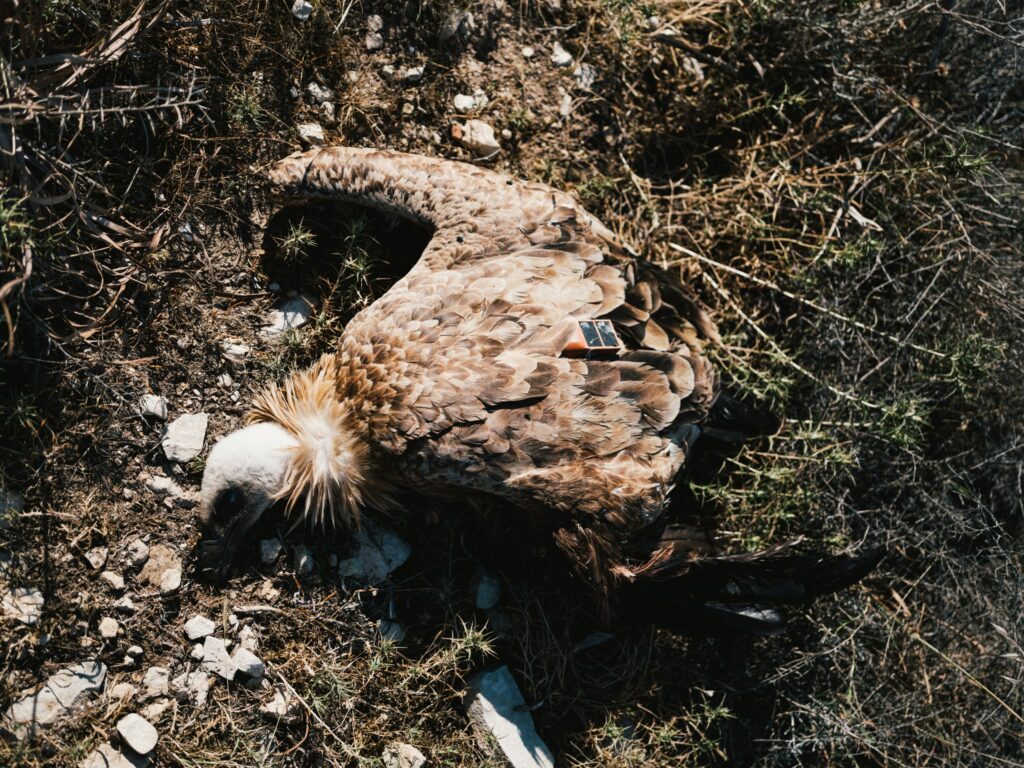
Power line collision causes the death of Spanish Griffon Vulture Pablo, released in Cyprus
Griffon Vulture Pablo hatched in the wild in Spain and was one of the translocated birds that travelled over 4000 km to help restore the Critically Endangered population in Cyprus. Since 2019, LIFE with Vultures project partners are working together to restore the local Griffon Vulture population and reverse the declining population trend.
Thanks to the collaboration of Junta de Extremadura, AMUS Wildlife Hospital and the Vulture Conservation Foundation (VCF), a total of 29 Griffon Vultures were transferred to Cyprus. The majority were juveniles that had to receive health treatment in the AMUS and other rescue centres. The first group of 15 Griffon Vultures arrived in November 2021 and spent the following 10 months in an acclimatisation facility. Pablo, one of the Griffon Vultures released in September 2022, was exploring the island and adapting well to Cypriot skies. The second import of 14 Griffon Vultures arrived in March 2023 and are still in their acclimatisation period.
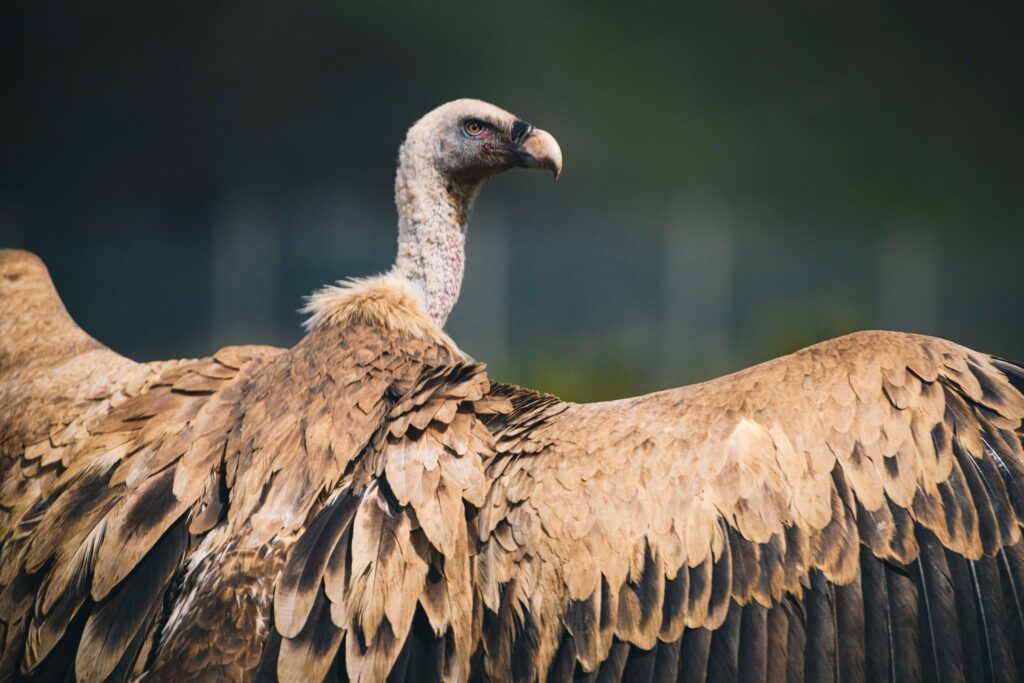
Griffon Vulture Pablo GPS transmitter sent suspicious data
To monitor the released Griffon Vultures’ movements and understand the main factors affecting the population’s survival, Pablo was fitted with a lightweight GPS tag ahead of the release, provided by us at the VCF. When the local team started receiving suspicious data from his GPS, they reacted swiftly and visited the place, in Episkopi, Limassol.
Birdlife Cyprus and the Game and Fauna Service attended the scene, together with the Cyprus Police – a standard procedure to investigate the cause of death of any protected species. Pablo was found dead close to a power line, and his body was taken for examination. The post-mortem necropsy and x-ray confirmed a tragic collision with overhead power lines. Unfortunately, Pablo is not the first Griffon Vulture victim of an incident with power lines, as the Griffon Vulture Nepheli died of electrocution on a transmission pylon in Xeros Valley in Paphos, back in 2022.
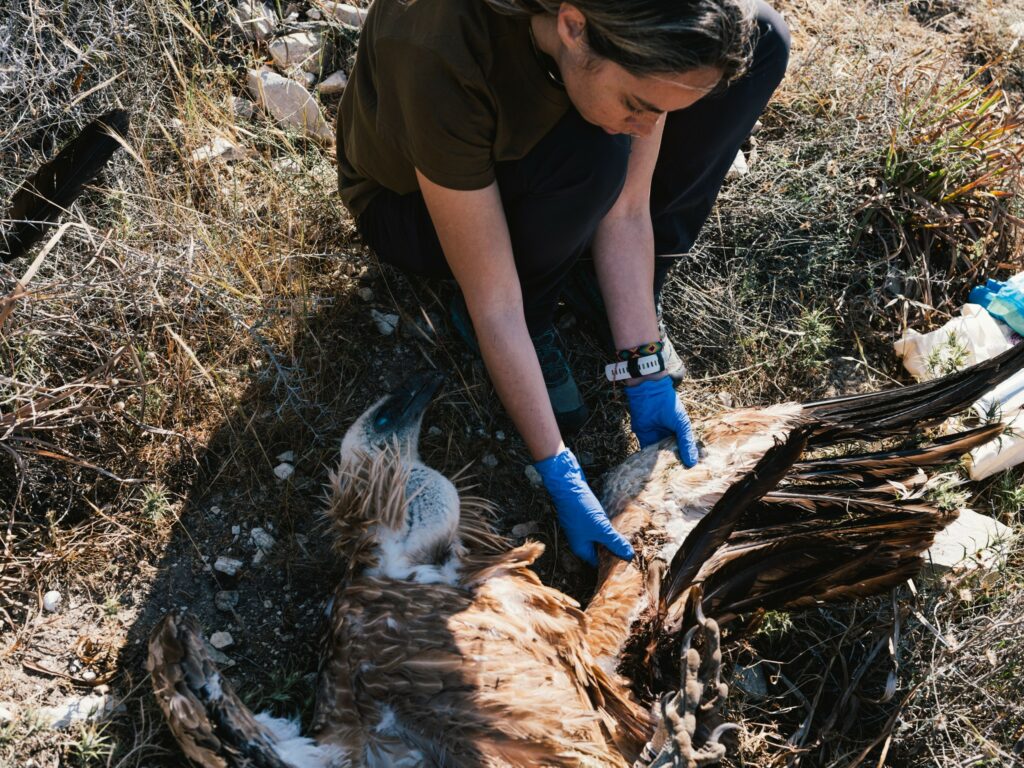
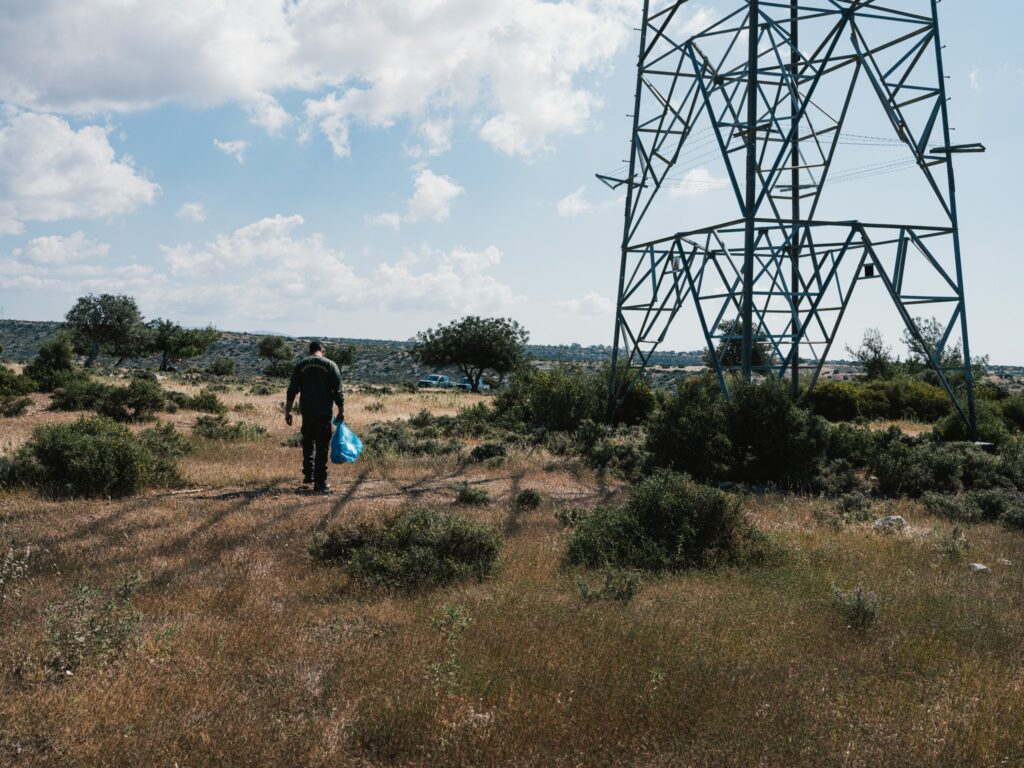
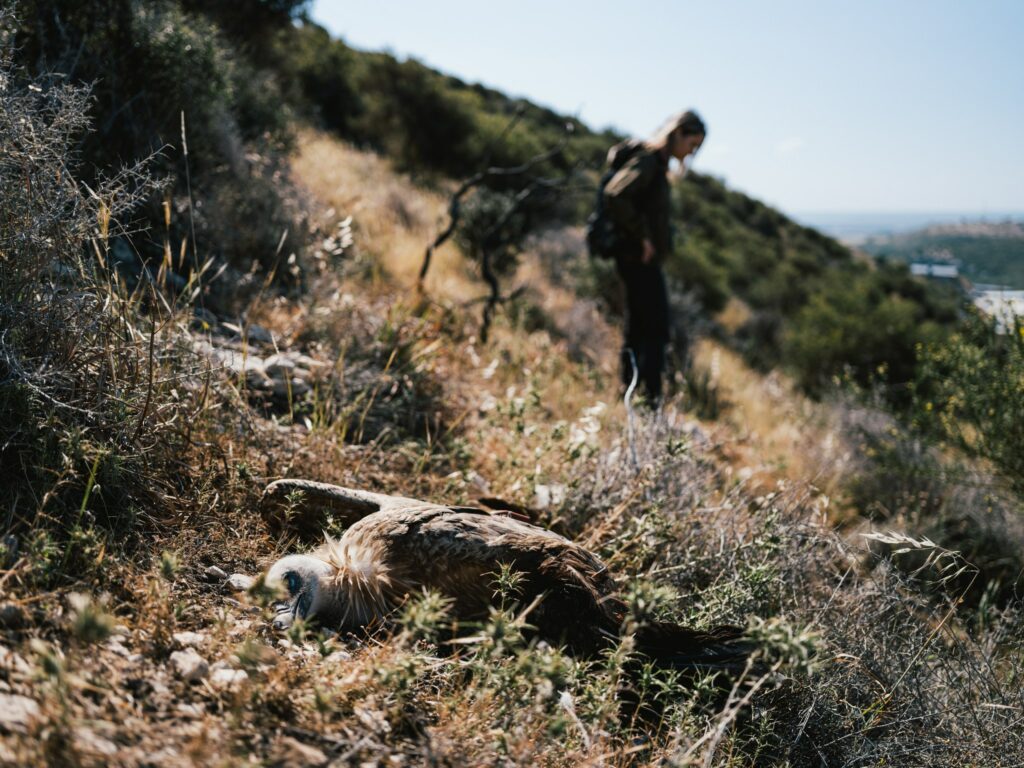
Restoring the Critically Endangered Griffon Vulture population in Cyprus
Threatened to extinction due to the lack of food availability and human-related threats such as poisoning and collision with power lines and electrocution, the Cypriot Griffon Vulture population has decreased by 94% in the last decades. According to a VCF study, the few individuals that remained on the island on the island would have been unable to reach viable population numbers without intervention.
The LIFE with Vultures project is supporting the release of Griffon Vultures but is also working to mitigate threats hindering their survival, such as wildlife poisoning and incidents with power lines. Recently, the first poisoning conviction was achieved in the country, a remarkable turning point to prevent future wildlife crime incidents. To tackle the risks that power lines still pose to Griffon Vultures and many other birds, local partners are working with the Cypriot Electricity Authority to install anti-collision markers in high-risk power lines and insulate pylons.
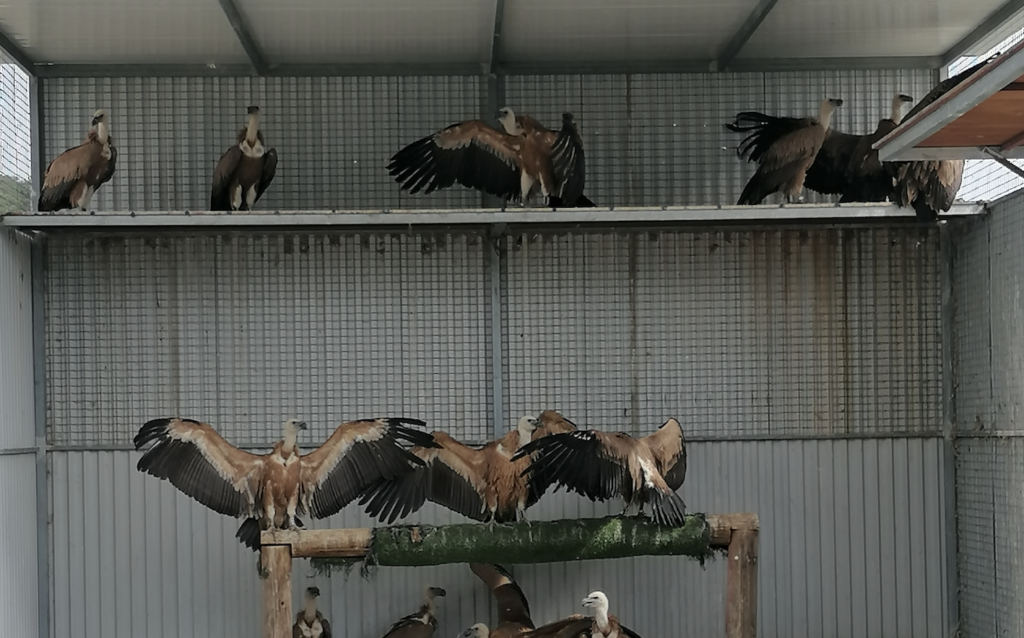
The LIFE with Vultures project
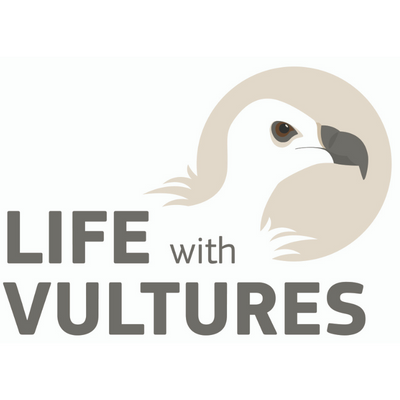
LIFE with Vultures is a targeted conservation project for the protection of the Griffon Vulture in Cyprus. In this four-year endeavour (2019-2023), BirdLife Cyprus, the Game and Fauna Service, Terra Cypria – The Cyprus Conservation Foundation and the Vulture Conservation Foundation have joined forces to tackle the main threats facing the Griffon Vulture and prevent Cyprus’ most threatened bird of prey from going extinct. The project has a 1,375,861 Euro budget and is co-funded (60%) by the EU’s LIFE programme.
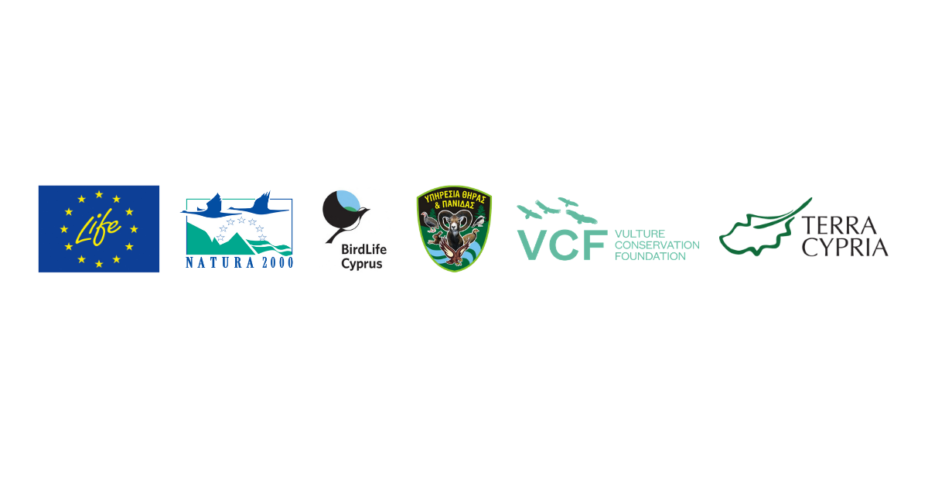
Source: Birdlife Cyprus

